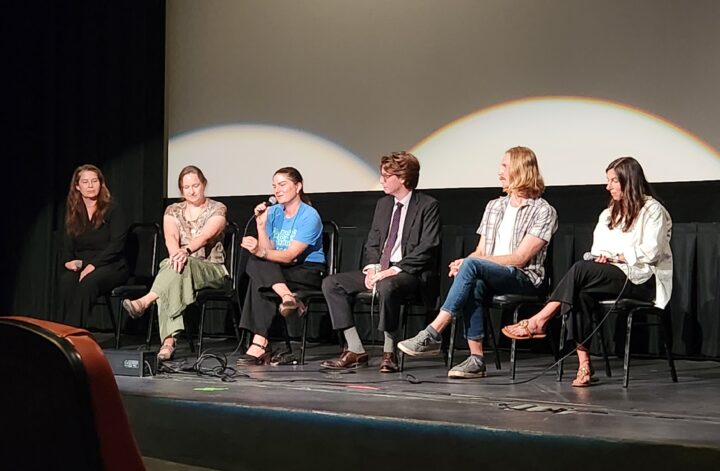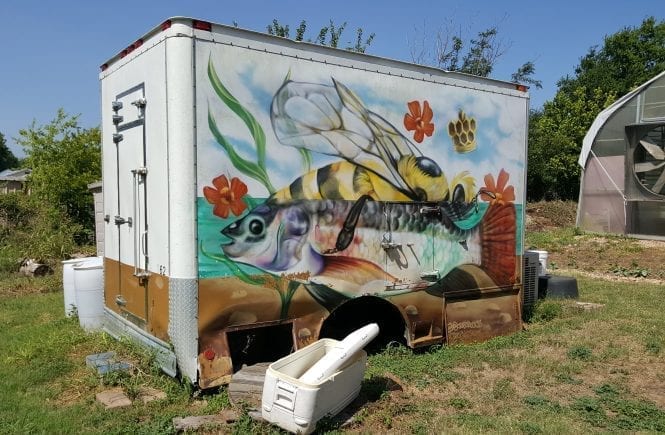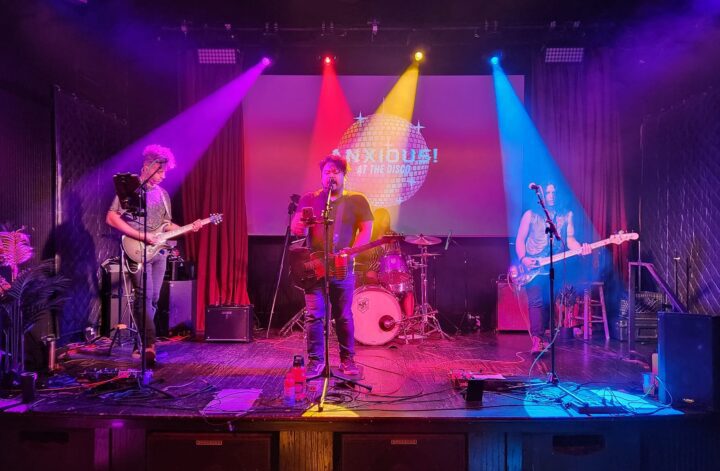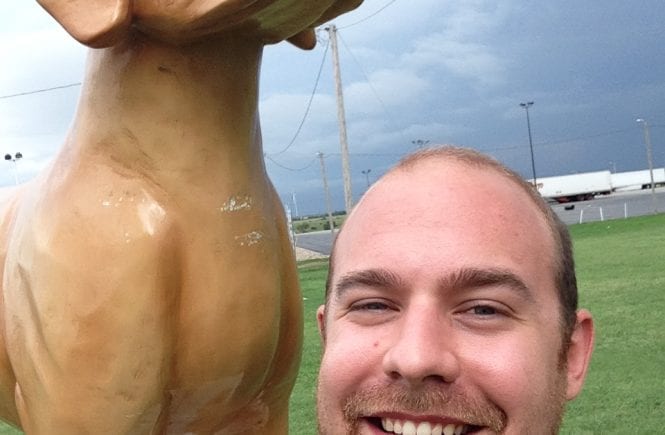I had the chance to immerse myself in an evening of films that were as inspiring as they were sobering. The Wild & Scenic Film Festival is built around one clear purpose: to use the power of film to spark a deeper connection with nature and inspire action for a healthier planet.
What struck me most was how the six short films, though set in different parts of the world, all carried threads that tied back to Texas and the challenges we face here. From questions of land use and public access to concerns about water, waste management and plastics, biodiversity concerns, and urban development hurdles, the stories felt universal yet deeply personal.
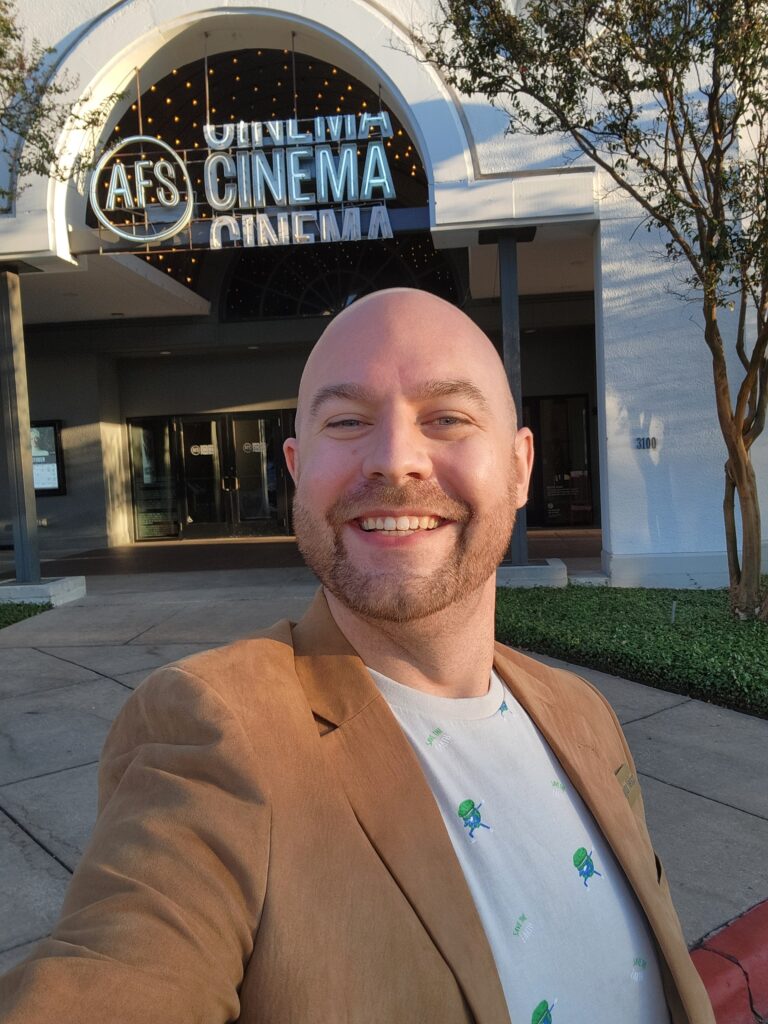
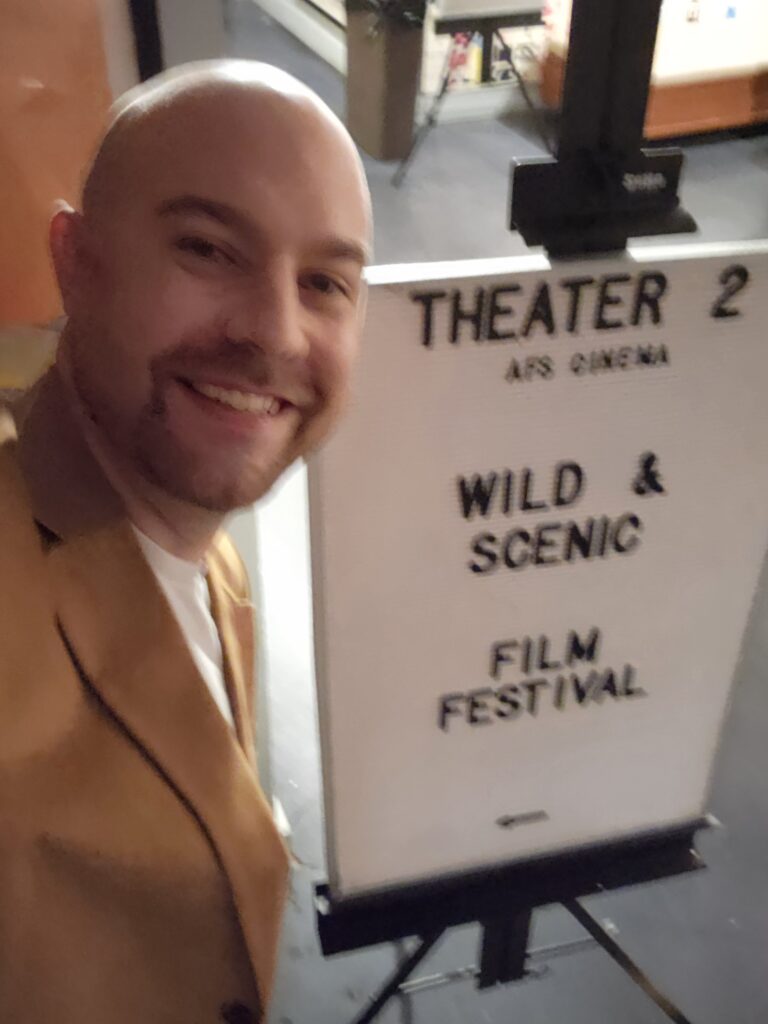
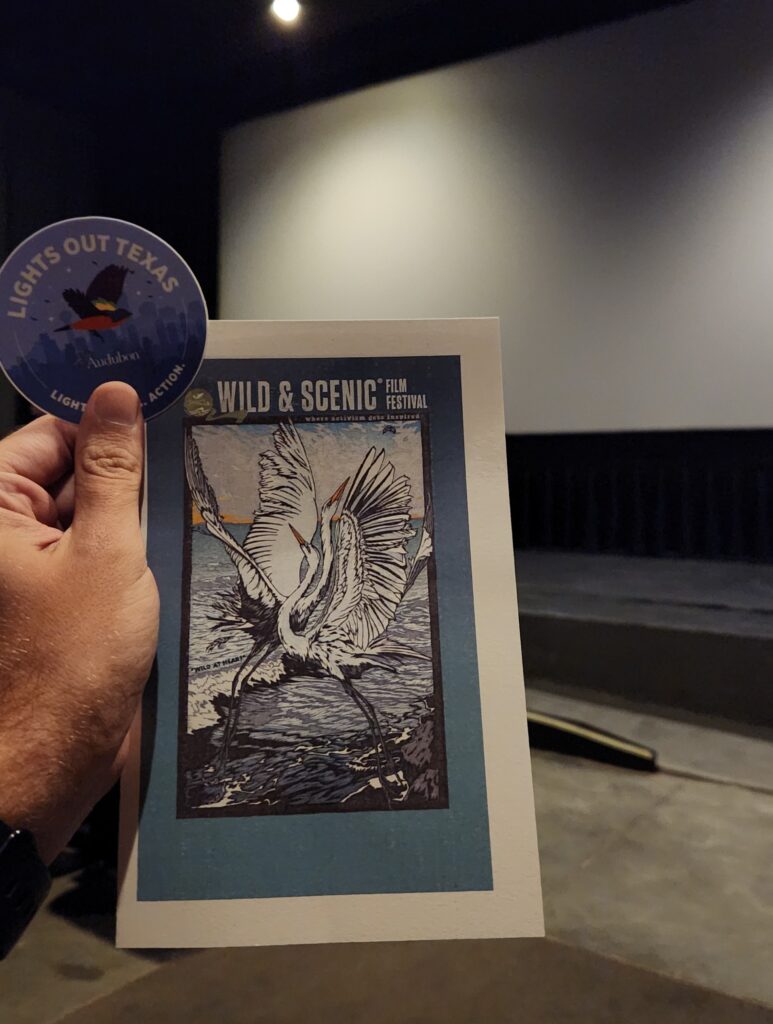
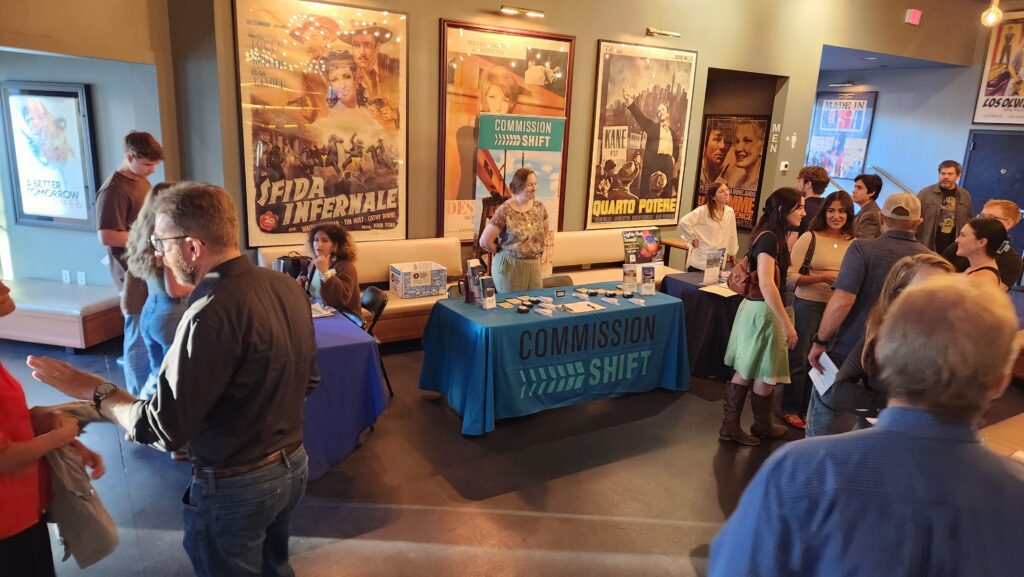
Local Climate Solutions: Biodiversity & Forest Conservation in the Sierra Gorda
The festival opened with a story from Mexico’s Sierra Gorda, where one family’s decades-long mission has blossomed into a community-led model for forestry conservation against local industrial emissions. This film reminded me how education and science can drive measurable regeneration while also creating economic opportunities for people living directly with the land.
Key Takeaway: A community-led model shows how science, education, and economic innovation can regenerate ecosystems while supporting local livelihoods.
Boca Chica
Closer to home, Boca Chica spotlighted a stretch of Texas coastline where beach access has long been a cherished right. The film revealed how this right is increasingly restricted by SpaceX’s launches, putting residents and visitors in conflict with powerful industrial interests. It was a stark reminder of how progress often comes at the expense of fragile ecosystems and community traditions.
Key Takeaway: SpaceX’s growing presence on the Texas coast sparks questions about public beach access, environmental justice, and the true cost of industrial expansion.
The Human Side of Plastic: Babacar Thiaw
From there, we traveled to Senegal to meet Babacar Thiaw, a surfer and activist working to confront his country’s mounting plastic pollution crisis. His story was both personal and universal: a call to rethink how individual choices ripple out into environmental legacies.
Key Takeaway: One activist’s fight against plastic pollution in Senegal highlights how individual leadership and community action can reshape environmental futures.
Lights Out
The short film Lights Out revealed how something as simple as building lights in Chicago makes it the deadliest U.S. city for migratory birds. It was eye-opening to see how one building, or one city, can tip the balance of an entire ecosystem. The solution felt equally striking in its simplicity: turn the lights off.
Key Takeaway: Chicago’s light pollution threatens thousands of migratory birds each year—but small changes in how we use building lights can save countless lives.
(NOTE: The following video is from AP News, but has many of the clips and spokespeople from the short film)
The Cost of Forever
Perhaps the most sobering of the evening, The Cost of Forever examined PFAS contamination in rivers and drinking water in Alabama. It followed water protectors determined to defend their communities from these “forever chemicals,” which are invisible yet devastatingly persistent. For Texans, where water security is always top of mind, this hit especially close to home.
Key Takeaway: “Forever chemicals” like PFAS are infiltrating rivers and drinking water, pushing communities to fight for protection from invisible, long-term dangers.
Wild Hope: Cougar Crossing
The evening closed with Wild Hope: Cougar Crossing, which told the story of Los Angeles’ famous mountain lion, P-22. His unlikely life in the city inspired the world’s largest wildlife crossing and a broader movement to restore habitat connectivity. It was a hopeful note to end on, showing how one story can shift public will and policy.
Key Takeaway: The unlikely story of mountain lion P-22 inspires the creation of wildlife crossings, proving how one animal can spark national conservation efforts.
Reflections
Walking away from the festival, I felt both challenged and energized. These films didn’t just present problems, they offered visions of resilience, collaboration, and change. Paired with a post-screening discussion about how these themes show up here in Texas, the evening made clear that environmental challenges are interconnected, and so are the solutions.
Events like this remind me why storytelling matters: because the right story, shared at the right time, can inspire people to act.
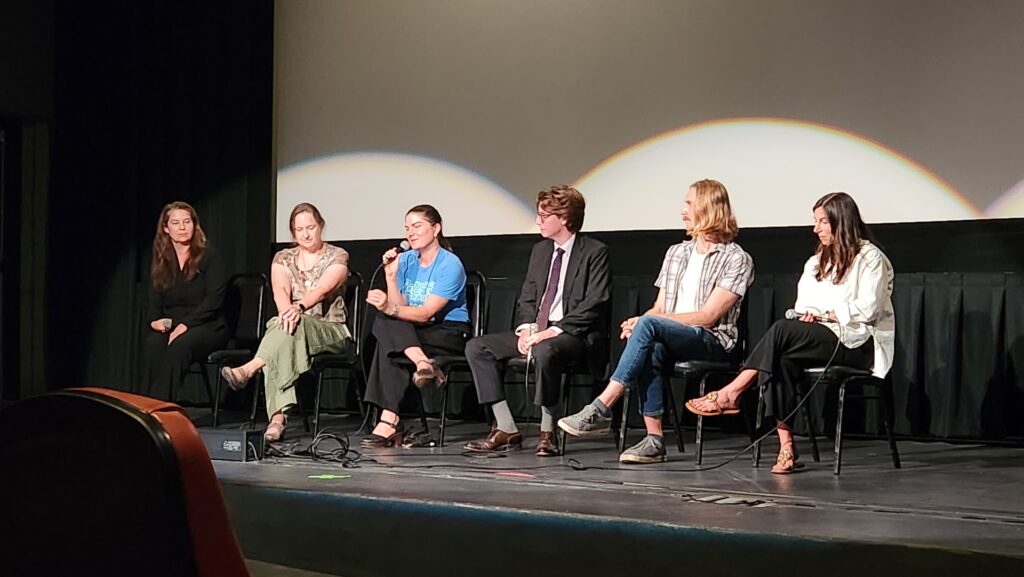
*Content was generated with AI based on my notes and direction, then edited and refined by me for accuracy.

